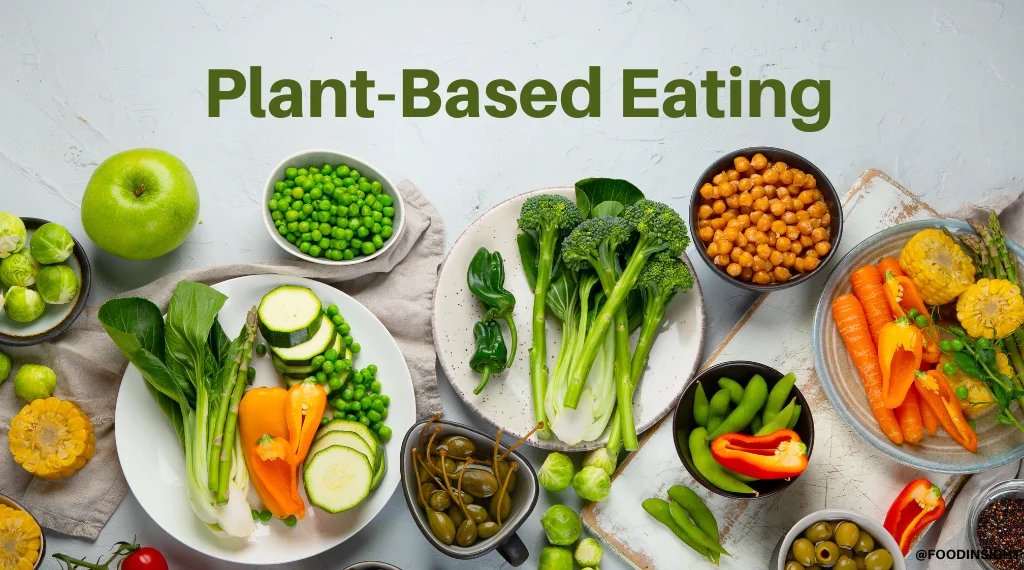Headline: The Rise of Plant-Based Foods: Changing What We Eat and Why
Intro:
Plant-based diets and products are gaining remarkable popularity, influencing food production and consumer choices worldwide. This movement reflects broader concerns about health, environment, and animal welfare.
What Happened
Sales of plant-based foods have soared in recent years, with meat and dairy alternatives becoming mainstream. Innovation has produced products that closely mimic traditional animal products in taste and texture. Major food companies are expanding their plant-based lines to meet consumer demand.
Why It Matters
Shifts toward plant-based eating have implications for public health, sustainability, and climate change mitigation. Reducing meat consumption can lower greenhouse gas emissions and decrease strain on natural resources. It also reflects changing consumer values and increasing interest in ethical eating.
Quotes and Stats
The Good Food Institute reports that the plant-based food market is expected to reach $30 billion by 2027, growing at a double-digit rate annually. Nutritionist Dr. Laura Bennett says, “Plant-based options are now more accessible and appealing than ever, supporting better health outcomes.” At the same time, some caution about relying heavily on processed alternatives.
What Might Happen Next
Expect continued development of new and improved products, including alternatives for seafood and specialty cheeses. Greater attention to nutritional profiles and ingredient transparency may define the next wave of innovation. The food industry could see more collaborations with sustainability initiatives.
Conclusion
The rise of plant-based foods signals a significant shift in the global food system, driven by evolving consumer preferences and environmental concerns. This trend is likely to continue reshaping diets and markets in the coming years.








